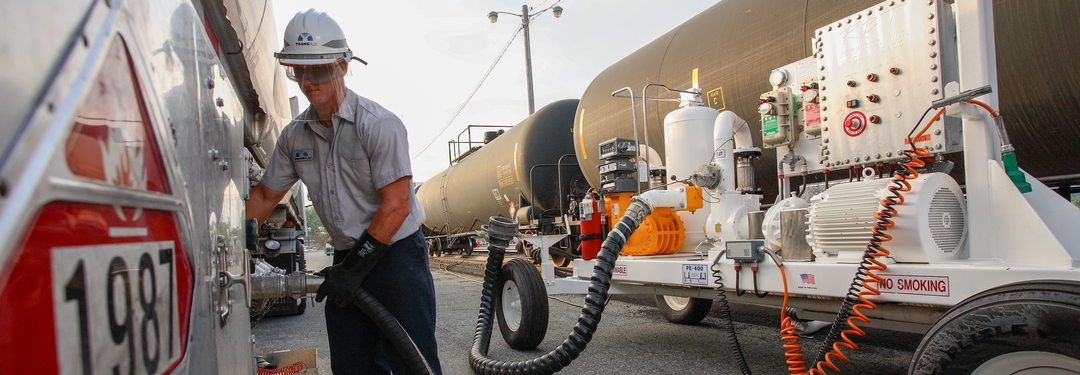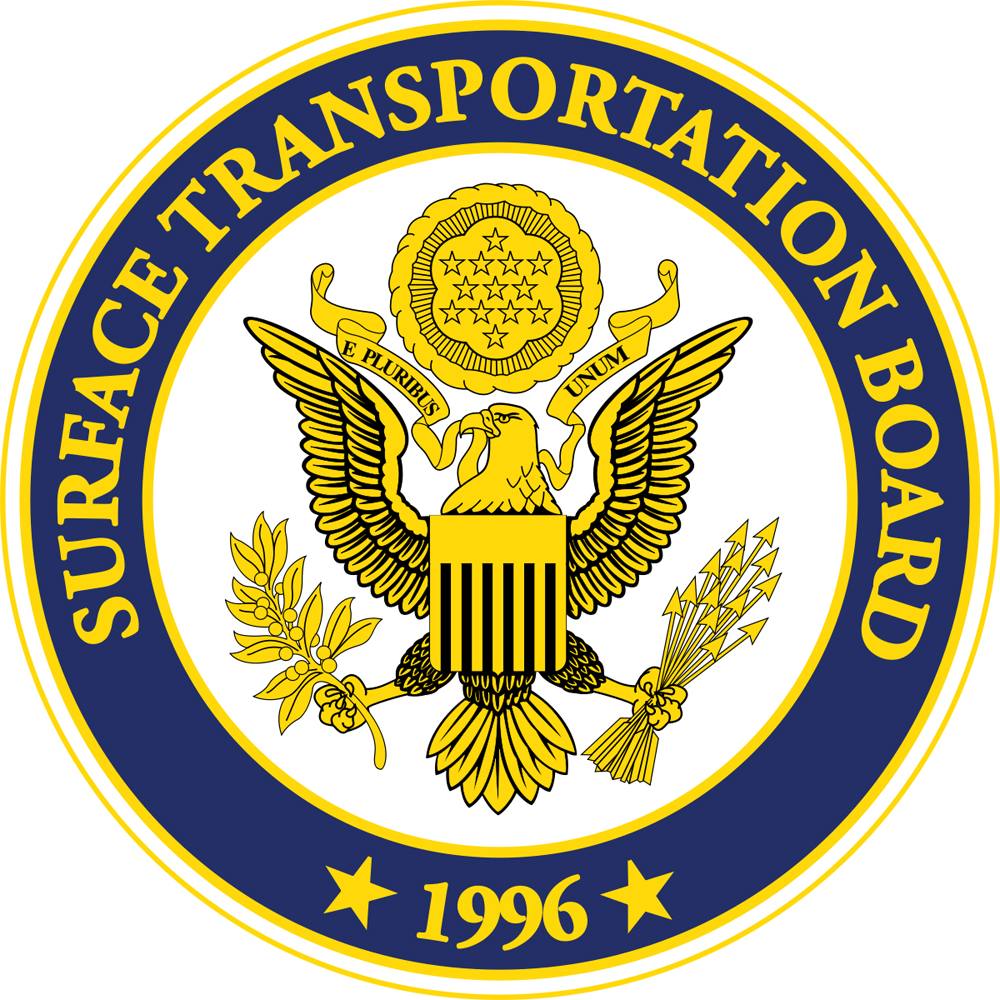
CSX Transportation’s acquisition of bulk liquid chemicals trucking firm Quality Carriers is a bold and smart move that should help boost the railroad’s carload traffic. The deal, announced last week, matches CSX’s chemicals business — the largest in the East — with the nation’s biggest fleet of truck tankers. The idea is that CSX can team up with Quality Carriers via transload terminals to reach chemical customers that lack rail spurs.
Wait a minute, you say: Railroads have a terrible history of acquiring trucking companies. That’s certainly true in the U.S., where Norfolk Southern and Union Pacific saw trucking companies as the road to intermodal riches. But their purchases of North American Van Lines and Overnite Corp., respectively, never led to growth. And both railroads ultimately sold their trucking outfits at substantial losses.
But the CSX deal is different. It’s the first that aims to use trucks to drive carload growth and extend the reach of the railroad in the process. CSX is taking aim at the $1 billion shippers spend annually to move chemicals via truck that could instead move by a combination of rail and road.
Last year, CSX’s 664,000 carloads of chemical traffic brought in $2.3 billion in revenue. Chemical traffic is the most lucrative on rails, and CSX took in more revenue per carload of chemicals than any other commodity. So you can see why CSX wants more chemical business.

CSX won’t provide financial details about the Quality Carriers deal until its quarterly earnings call in July, but notes that the trucking company does business with the top 100 chemical shippers in North America, many of which also are CSX customers. The Quality Carriers terminal network overlaps CSX’s Transflo terminal network. The Quality Carriers sales team, based in Tampa, Fla., will take the lead in selling the new joint service, while working with the CSX sales force.
An Expert View
One observer who thinks CSX is on to something here is Tom Finkbiner, who knows a thing or two about railroads and truckers. Finkbiner was with North American Van Lines when it was acquired by Norfolk Southern in 1987. Later, as head of intermodal marketing for NS, he built the NS intermodal network into the largest in the East. And he left NS to become chief executive at Quality Distribution, which happens to be the parent company of Quality Carriers.
“Strategically, CSX made a great decision here,” says Finkbiner, who stepped down as Quality’s CEO in 2006. “I can see a group of new services for CSX that includes door-to-door pricing, expanded geography, new branding and additional services that would make this combination successful.”
A lack of vision plagued the NS and UP trucking company purchases. “The UP/Overnite and NS/North American combinations did not end well because there was no plan,” Finkbiner says. “The thought was truck + rail = intermodal, but in those cases neither the railroads nor the truck lines knew anything about intermodal.”
CSX appears to have a plan, and both the railroad and its trucking line know transload inside and out. But Finkbiner says another key to success is having the patience required to develop new business. That takes time, he says, and Wall Street is typically in a hurry for results.
There also are some risks in the CSX-Quality Carriers combination, Finkbiner says. Among them: Will other Class I railroads want to continue their transload relationships with Quality when CSX is in the driver’s seat? If Union Pacific becomes CSX’s transload partner in the West, does it become a regulatory issue when they would handle more than 60% of chemical traffic? And will other railroads seek out similar deals with trucking companies in order to better compete?
Those are, of course, good questions. And it should be interesting to see how the deal plays out and whether it lives up to high expectations for traffic growth.
Although deals between U.S. Class I railroads and truckers have a checkered past, there’s no reason the jinx has to continue. If handled properly, the CSX acquisition of Quality Carriers could be a model of how to help carload traffic grow.
You can reach Bill Stephens at bybillstephens@gmail.com and follow him on Twitter @bybillstephens












How many times do RRs have to get burned when they buy trucking companies? RRs are not truck companies, and vice-versa. The only common element is that they are both held to the ground by Gravity. Nothing else is the same. Including their business model.
I’ll admit my ignorance on bulk liquid transportation, but it seems like a niche acquisition. I can see where it might be a good mix with Transflo, but I just don’t see how this integrates CSX into a wide variety of supply chains like CN can do with Trans X on the truckload/IML side.
One additional thought here and this goes to my earlier comment concerning “railroad thinking”. Transflo terminals generally allow access by many different tank truck carriers. If CSX uses their ownership of Quality as rationale for refusing Transflo access to other tank truck carriers; this combination will have taken a big step in the wrong direction.
If CSX allows Quality the autonomy to continue operating as a successful tank truck carrier in terms of pricing, service offerings and customer interaction, this acquisition could benefit the railroad. On the other hand; if CSX attempts to apply railroad thinking and starts tinkering with Quality’s business model, this partnership can end as badly as the earlier railroad/trucking acquisitions noted.